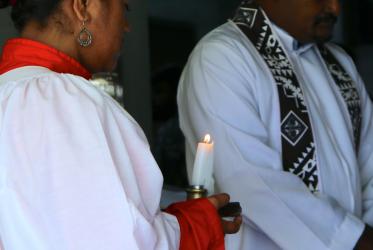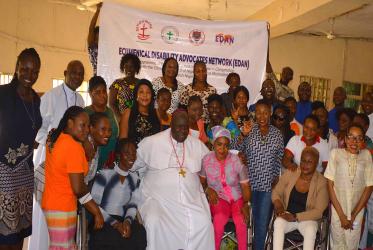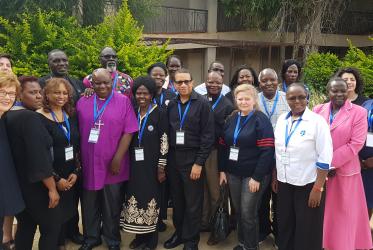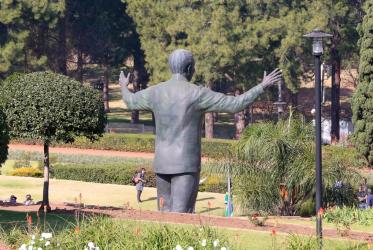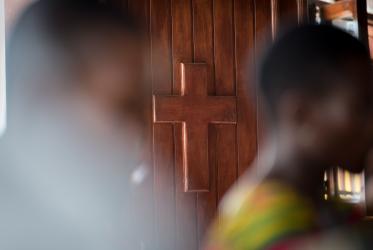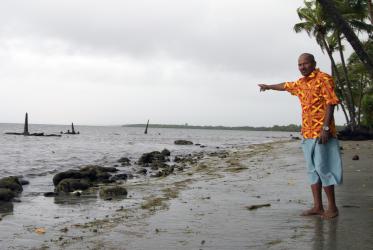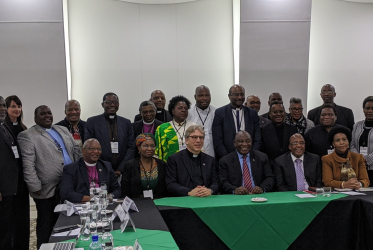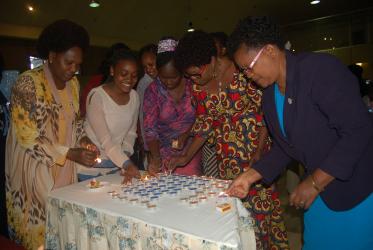Displaying 101 - 120 of 368
South Sudan Church leaders welcome new cabinet
15 March 2020
Listening together to the pain of violent spaces
28 February 2020
Young Africans are eager to grapple with challenges
09 January 2020
South Africans draw hope despite recurring challenges
16 December 2019
WCC delegation meets with South African President Ramaphosa
09 December 2019
The cry of the Papuans in Indonesia
14 November 2019
South Sudan Council of Churches: peace “is a question of the heart”
11 November 2019
Youth leaders: “We will stop at nothing” to end HIV and violence
17 October 2019

